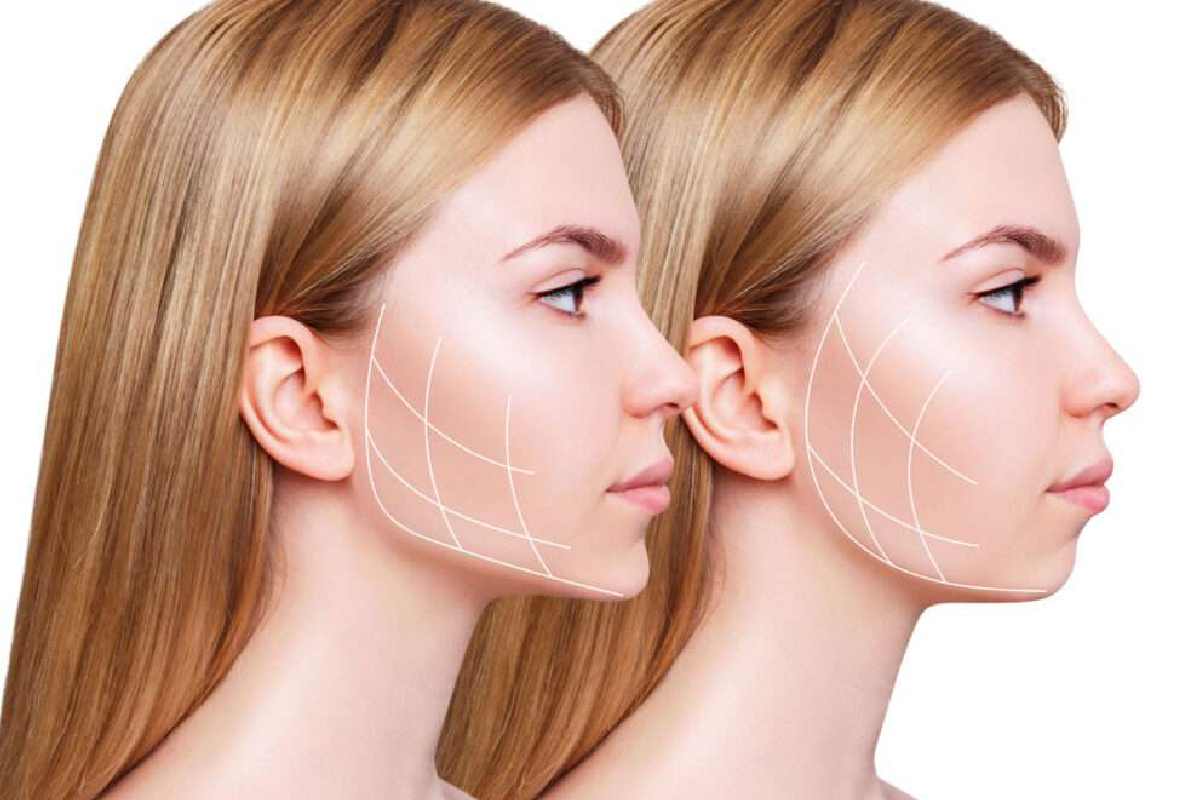Is Buccal Fat Removal Safe?
If you’ve been seeking a more defined facial profile, free from the youthful roundness of the ‘baby face’, the buccal fat removal procedure may be your solution.
This cosmetic procedure is recognized for slimming and improving facial contours by managing excess cheek fat. However, it’s only natural for people to worry about safety when considering this type of surgery.
In this blog, we go deep into the safety aspects of buccal fat removal, shedding light on what to expect, potential risks, and tips for ensuring a safer experience.
Table of Contents
A Step-By-Step Overview of the Buccal Fat Removal Procedure
Buccal fat removal is a minimally invasive, in-office procedure usually completed in under an hour. To better understand the process, here is a step-by-step explanation of how it is performed:
- Administering local anesthesia: To ensure patient comfort during the procedure, the surgeon will apply a local anesthetic to the target area, effectively numbing the cheeks.
- Creating incisions inside the cheeks: The surgeon will carefully make small incisions on the inner lining of the cheeks. This approach helps keep scarring hidden within the mouth and away from public view.
- Removing the buccal fat pads: With precision and care, the fat pads are extracted from the cheeks, allowing for a slimmer and more defined facial appearance.
- Closing the incisions with sutures: Dissolvable sutures will be used to close the incisions, which, over time, will break down naturally and be absorbed by the body.
However, as with most surgical procedures, there can be risks associated with this procedure. To give you a clearer picture, let’s discuss the potential complications of the buccal fat removal procedure.
Potential Risks and Complications of Buccal Fat Removal
No surgical procedure is completely free of risks or complications. Some potential issues with buccal fat removal might include:
- Swelling or poor healing
- Infection
- Excessive bleeding
- Adverse reaction to anesthesia
- Dissatisfaction with cosmetic results
- Damage to facial nerves
- Persistent pain
It’s worth noting that complications are relatively infrequent with buccal fat removal, particularly when a certified, skilled surgeon handles the surgery.
Moreover, the procedure is often outpatient, meaning it usually doesn’t require an overnight stay at the hospital and is performed under local or IV sedation, reducing risks associated with general anesthesia.
How to Ensure the Safety of Your Procedure
To ensure a safe buccal fat removal procedure, consider these tips:
Seek a Qualified Surgeon
Your safety largely depends on the expertise of your chosen surgeon. Only opt for a board-certified plastic surgeon with experience in facial procedures.
In-depth Consultation
An initial consultation is essential to discuss your medical history, define your expectations, and understand the procedure. The surgeon should explain the possible risks and benefits, allowing you to make an informed decision.
Follow Preoperative Instructions
Your doctor will guide you on how to prepare. This may include avoiding certain medications or adhering to a specific diet.
Postoperative Care
Following the surgery, you’ll receive specific aftercare instructions. Follow these closely to avoid infections and promote healing.
Regular Follow-up
Attending follow-up appointments allows your surgeon to monitor your healing and address any potential complications early on.
Addressing Your Concerns About the Buccal Fat Removal Cost
To determine your buccal fat removal cost, you need to arrange a personalized consultation with a board-certified surgeon. This cost will depend on several factors, such as the degree of correction needed, the surgeon’s experience, facility fees, and anesthesia fees.
Regarding safety, it’s important not to make decisions based solely on the buccal fat removal cost. While it may be tempting to opt for cheaper alternatives, the expertise and skill of a certified plastic surgeon are fundamental in ensuring safety and satisfying results.
Frequently Asked Questions
What is the ideal age for buccal fat removal?
While there isn’t a specific “ideal” age, most surgeons recommend this procedure for individuals in their 20s, as facial fat reduces naturally as people age.
How long does it take to see the final results after buccal fat removal?
The changes in your facial appearance may be a bit blurred immediately after the procedure due to swelling. However, it can take several weeks to months to reveal the final contour of your cheeks.
Is buccal fat removal reversible?
Buccal fat removal is a permanent procedure. If you are unsatisfied with the results, you may discuss other treatment options with your surgeon, such as facial fillers to restore volume.
Can buccal fat removal cause facial sagging?
The procedure is designed to remove moderate fat from the cheeks, which typically doesn’t cause sagging. However, if too much fat is removed, there may be a potential for sagging, making it essential to consult a skilled, board-certified surgeon.
How should I prepare for my buccal fat removal surgery?
Your surgeon will provide specific guidance, which may include avoiding certain medications, not smoking, and maintaining a healthy diet before the surgery.

